After the popular phase of biopics, coming-of-age films and even crass comedies, Hindi cinema has found a new genre. And while the other genres are aspirational in nature, this one is rooted deep in our surroundings.
With films like Shubh Mangal Saavdhan, Bareily Ki Barfi and Dum Laga Ke Haisha, Hindi cinema is fast moving towards a genre that tells the stories of middle-class North Indian families.
Here, the stories aren’t just about the lead characters but also comprise of various supporting artists. These stories are usually set in smaller cities and frequently use colloquial language that sounds relatable.
From the plush bungalows that we’d gladly admire to watching the stories that could belong to your next door neighbours, Hindi films are witnessing a massive change in terms of their setting.
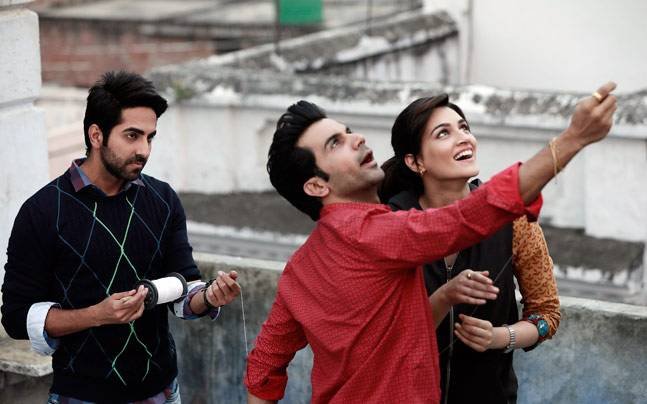
In present day Bollywood, this trend can be traced back to Anand L. Rai’s 2011 film, Tanu Weds Manu. With a strong ensemble cast and crisp dialogue writing, this film was loved by the masses for providing a refreshing change. Supporting characters like Pappi (Deepak Dobriyal) and Jassi (Eijaz Khan) were just as loved as the leads.
Anand L. Rai’s next few films, Raanjhanaa (2013) and Tanu Weds Manu Returns (2015), followed the same route of recreating moments from one’s neighbourhood and he did so quite successfully.
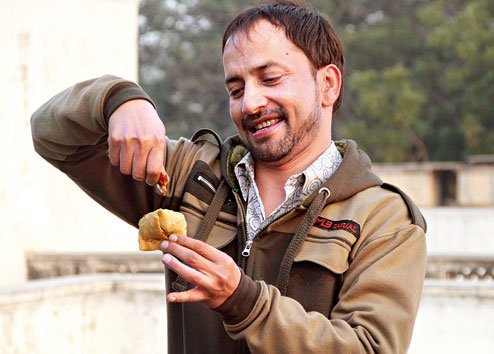
This trend was further taken ahead when a mainstream Hindi film studio, YRF, took a leap into this genre in 2015 with Dum Laga Ke Haisha. The film’s lead characters were Prem (Ayushmann Khurrana) and Sandhya (Bhumi Pednekar) but the film never restricted itself to these two. The characters played Sanjay Mishra, Sheeba Chaddha and Seema Pahwa were just as impactful.
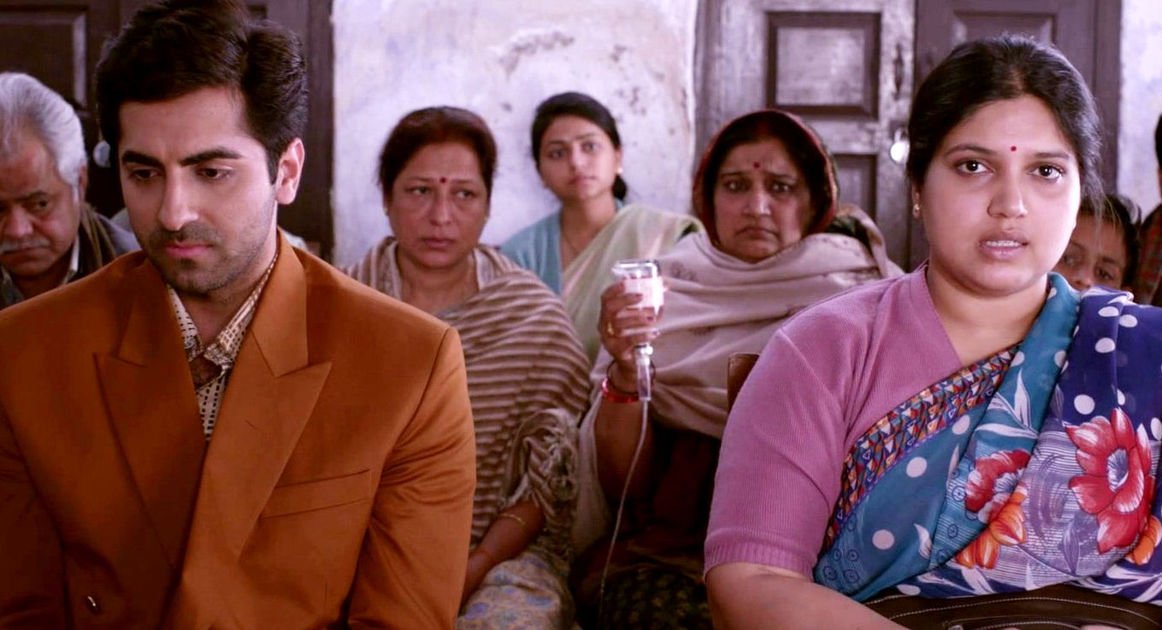
This trend of making films that feel closer to reality isn’t entirely new. Walking the fine line between the exaggerated reality of mainstream Bollywood and the struggles of independent movies, these films that follow the middle path are making a comeback after the 1970s.
While the ‘angry young man’ was all the rage in the 70s, Amol Palekar’s simpler characters in films like Rajnigandha (1974), Chhoti Si Baat (1976) and Baaton Baaton Mein (1979) appealed to the middle class masses. Because after all, living in a fantasy gets tiring after a while and everyone craves for some daal-chawal at the end of the day.
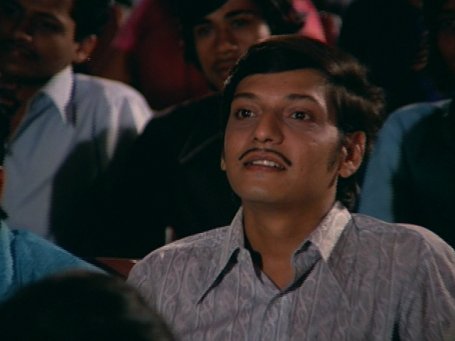
We go to the movies to experience a different world but that fantasy starts looking lopsided if it stops offering anything new.
With the lukewarm response to films like Tubelight, Raees and Jab Harry Met Sejal, we’ve already learnt that watching the larger-than-life Khans on the big screen isn’t everyone’s idea of entertainment. And in this period which can be described as worrisome for Bollywood, films like Shubh Mangal Savdhan and Bareilly Ki Barfi have provided the much needed revival of faith.
Hindi films have always been a star-driven culture where the supporting artists seldom get a chance to showcase their potential but these films provide a platform to these artists as well. The likes of Pankaj Tripathi, Rajesh Sharma, Kumud Mishra, Seema Pahwa and many others get a chance to perform a character rather than the stereotyped caricature and the audience also gets a well-rounded experience of watching a story.
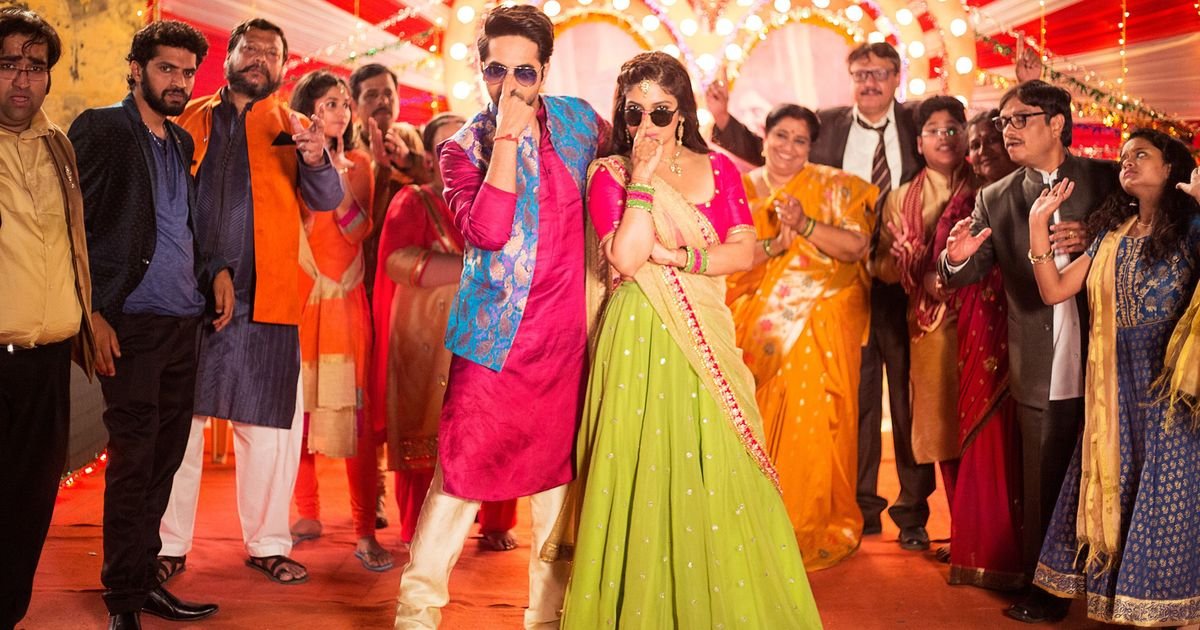
From what we’ve seen, Bollywood’s obsession with a particular genre leads to a plethora of similar films but after a while, they start getting monotonous. So far, this curse hasn’t fallen on this genre and we hope that day is far because it is with these films that Bollywood is finally rediscovering the magic of the movies.
















